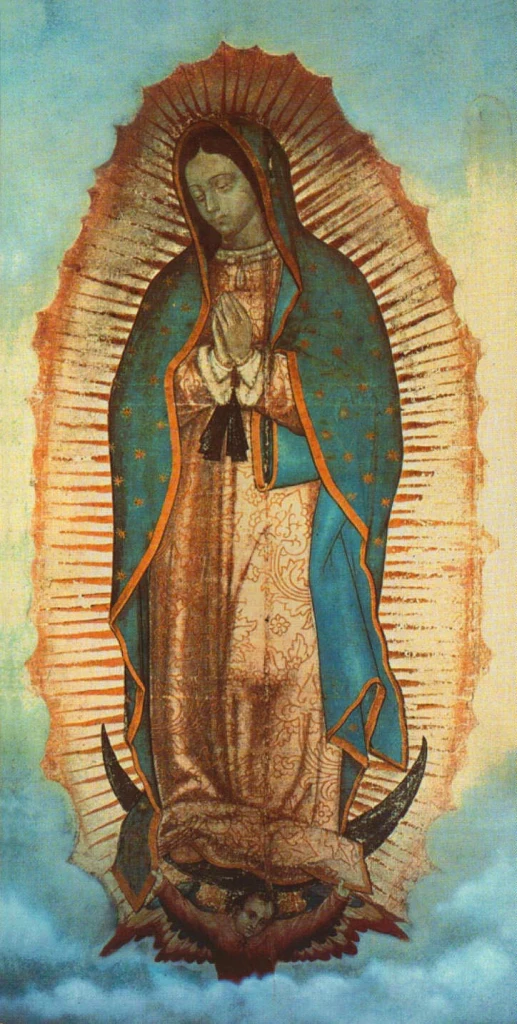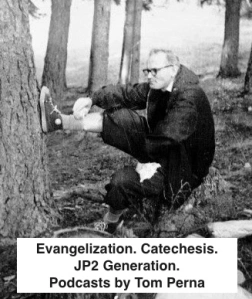Today we celebrate, the Athanasius of the West, Saint Hilary of Poitiers. There really isn’t much reliable information on much of St. Hilary’s life. We do know that he was born to a very wealthy and pagan family in the city of Poitiers, Gaul (now modern France) around the year 310 A.D. From his writings on the faith, we can speculate that he received a good education, which in turn prepared him for his life as a Bishop.
Although he grew up in idolatry, in his heart, he had a quest to know the one true God. In the year 345 A.D., he was baptized a Christian. He was elected to episcopate of his hometown sometime in 353-354 A.D. He did not seek the position and even tried to run from it, but the people desired him to be Bishop of Poitiers. Before his conversion, he was married to woman and had a child with her. As was the custom of the time, if one was elected to the episcopate while still married, he must refrain from marital relations with his wife and they would have to live as brother and sister. A challenge he agreed to and lived each day till his death.
Because he participated in the Synod of Beziers, which declared the “false prophets” of the Arian heresy to be heretical and he would not sign a petition condemning Saint Athanasius, he was sent into exile by Emperor Constantius. In the year 356 A.D., St. Hilary was banished from Gaul. While in exile, St. Hilary wrote quite a few works defending the One Holy Catholic and Apostolic Church of Jesus Christ. From the moment of his exile to his death, the Arian heresy, which plagued the Church and challenged many of the Early Doctors of the Church, would be at the forefront of every argument he wrote.
His pen dispensed the First Book to Constantius, which begged that he bring peace to the Church again and condemn the Arian heresy. He also wrote commentaries on the Gospel of St. Matthew and the Book of Psalms. Although these are great texts, his greatest work is On The Trinity (De Trinitate).
This work, On the Trinity, was a complete dissertation against the Arian horde that rejected the Council of Nicaea from 325 A.D. In this work, he argues that Jesus Christ’s mystery appears in both the Old and New Testaments. The Holy Scriptures clearly state that Jesus Christ, being of the same substance with God the Father is divine and equal to the Father. He pressed the importance of the Trinitarian formula, which was used in Baptism and given to us by Christ himself – “In the name of the Father and of the Son and of the Holy Spirit.”
After enduring exile in Phrygia for three years and through a variety of avenues, St. Hilary tried to return to Gaul. He again wrote a second work titled, Second Book to Constantius, in order to prove his worth against Saturninus, the man who sought his banishment in the first place. Fearing a possible trial against him and the Arians, Emperor Constantius allowed St. Hilary to return to Gaul in the year 360 A.D.
Upon his return, St. Hilary immediately engaged the pastoral life of the Church by serving the poor and the weak. His impact on the Western life of the Church was felt nearly instantly, because of his presence at a Synod in Paris around the year 360 or 361 A.D. This synod adapted the language of Nicaea and became one of the turning points for the anti-Arian movement in the Church. Many people believe this movement found its origins in St. Hilary, Bishop of Poitiers.
Throughout the rest of his life and till his death in 367 A.D., St. Hilary of Poitiers courageously fought against the Arian heresy. He destroyed scandals that arose and discipline and peace was brought back to the church of Gaul. Because of his great works on the Scriptures and most importantly his work on the Holy Trinity, Pope Pius IX declared him a Doctor of the Church in 1851.
Sources:
Pope Benedict XVI. Church Fathers – From Clement of Rome to Augustine. Ignatius Press, 2008.
Walsh, Michael. Butler’s Lives of the Saints. HarperSanFrancisco, 1991.
Categories: Saints & Angels









